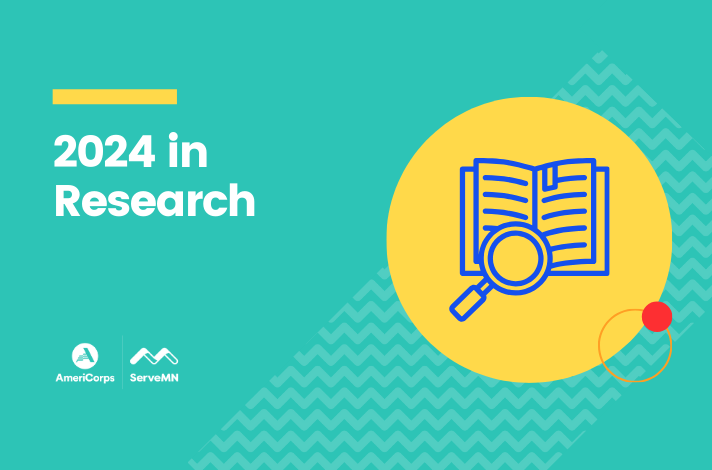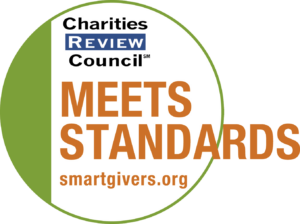
WINONA, MN – After 34 years as a registered nurse, Lora Foreman-Krall was ready for a change.
She’d always thought about serving in the Peace Corps but wasn’t sure she was that adventurous.
Plus, she figured, there was probably a need for help in her own country.
She began doing research and discovered Minnesota Reading Corps, a statewide AmeriCorps program designed to help students become successful readers by the end of third grade.
She found there certainly was a need.
More than two-thirds of fourth-grade students in the United States can’t read as well as they should, according to a study by Minnesota Reading Corps released last month by the Corporation for National and Community Service. Students who aren’t proficient by then have a lesser chance of graduating, the study found.
To address the issue, Reading Corps volunteer tutors are placed in preschool and elementary sites across the state. There’s at least one Reading Corps tutor at each elementary school in Winona and at Semcac Head Start.
Applicants accepted to the Reading Corps program go through an initial four-day training period and commit to 11 months of service. During that time they are granted a modest living stipend and can earn an education award to be used toward tuition or to pay back federal student loans at the end of their service.
Tutors work with students up to grade 3 who don’t qualify for other support services — such as Title I, or special education — but are still just below where they need to be in terms of reading. Students practice reading one-on-one with the tutors for 20 minutes a day, five days aweek, using individually tailored interventions to improve literacy skills to meet standards-based benchmarks.
The idea is that in third grade, children transition from “learning to read” to “reading to learn.” If young learners aren’t proficient in reading by then, they struggle to master the increasingly complex subject matter of later grades.
“We capture them to give them that little ‘oomph’ that they need to get them over the top,”said Foreman-Krall, a Reading Corps tutor at Washington-Kosciusko Elementary School, “so that they can streamline into the classroom and be successful.”
Reading Corps members use a highly data-based method in their work with the children, keeping daily tutor logs for each student, regularly testing progress and monitoring that progress on graphs.
Students “graduate” from the program when they’ve met their grade-level benchmarks, but tutors regularly monitor their reading progress through the third grade to make sure they stay on track.
Along the way, they regularly correspond with teachers to update them and discuss any concerns. Tutors also meet each week with an internal teacher-coach, who helps problem-solve as needs arise.
“Everybody works together,” Foreman-Krall said. “It’s so great for these kids. I can’t say enough about it — it’s wonderful.”
And a recent federal study suggests it works.
The CNCS study found that elementary students tutored by Reading Corps volunteers achieved significantly higher literacy levels than students who aren’t.
After one semester of tutoring, the average kindergarten student with an AmeriCorps tutor performed twice as well as students without one, the study found.
And it’s not just about numbers, benchmarks and test scores. Foreman-Krall and Lauer have taken their job a step further to help their students gain confidence in their work and take pride in their progress.
When a student comes to work with Foreman-Krall, they begin the tutoring session by saying “I’m intelligent, I’m hard-working, I’m a reading genius.” When they’ve achieved certain goals, they get to choose a small toy as a prize. When they’ve graduated from the program, they get their picture taken and it’s hung on the wall in the Reading Corps room.
Foreman-Krall takes pride in the hugs she gets in the hallways and gifts of cards, poems and drawings from her students.
“I want them personally to see themselves as successful, because I know that a lot of kids who don’t read well don’t graduate from high school,” she said. “So if I can plant the seed right now — you will graduate — I believe that they’ll keep working for it.”
Foreman-Krall said that becoming a tutor has been a great experience as she navigates her mid-career transition.
With kids of her own who are grown and away at school, Foreman-Krall said it’s been especially rewarding to be around young kids again.
It’s also a fitting opportunity for recent college graduates looking to gain experience, like Foreman-Krall’s fellow tutor Joanna Lauer, who hopes to become a school counselor.
And the extra help they provide to schools is more than welcome.
Special education teacher Holly Lechler, W-K’s Reading Corps internal coach, called Foreman-Krall and Lauer “truly part of the team” at W-K. The work they do is well-appreciated by the other teachers, she said.
“They’re priceless,” Lechler said. “Absolutely priceless.”
By the Numbers
Minnesota Reading Corps — the oldest and largest Reading Corps program in the nation — engages more than 1,100 AmeriCorps volunteers at 700 public schools and Head Start centers throughout the state.
Here’s some more information about the program, according to a recent survey by the Corporation for National and Community Service and data from the Minnesota Reading Corps website:
3 – Grade in which children transition from “learning to read” to “reading to learn”
2/3 – the proportion of fourth-grade students in the United States who do not read proficiently
4 – The factor by which kids who read proficiently by third grade are more likely to graduate high school than those that don’t
20 – Minutes Reading Corps volunteers spend with students daily
2 – The factor by which the average kindergarten student with an AmeriCorps tutor outperformed students without one
1,100 – Minnesota Reading Corps volunteers this year
35,000 – Students Minnesota Reading Corps served this year
100,000 – Struggling readers Minnesota Reading Corps has served since the program launched in 2003




